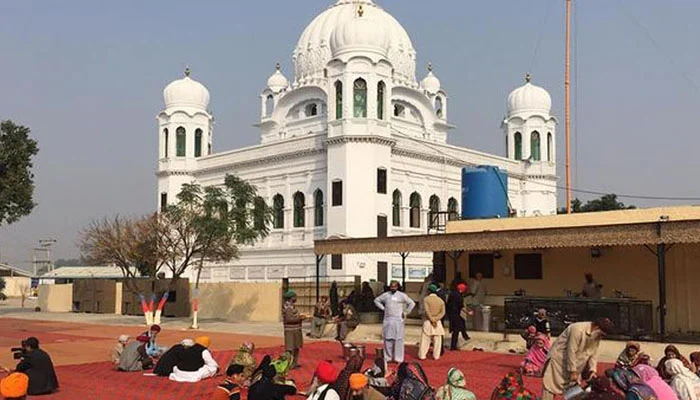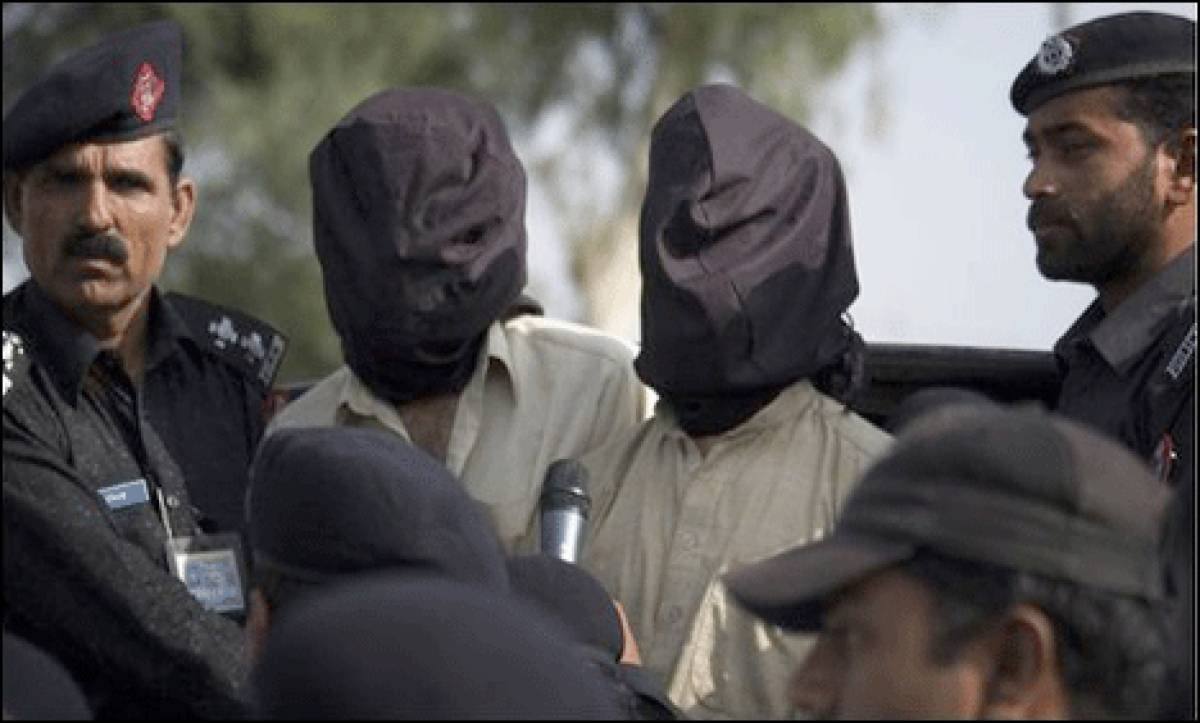In a move that raises concerns and further strains relations between India and Pakistan, India has indicated a tightening of access to the Kartarpur Corridor, a religiously significant pathway connecting the Sikh shrines of Dera Baba Nanak Sahib in India and Gurdwara Darbar Sahib Kartarpur in Pakistan. The Indian Ministry of External Affairs, during its weekly press briefing, announced the imposition of a $20 fee and mandatory passport requirement for pilgrims seeking to utilize the Kartarpur Corridor.
Arindam Bagchi, the spokesperson for the Indian Ministry of External Affairs, expressed apprehension about the new developments, asserting that India would continue to engage with Pakistani authorities on this matter. The announcement comes at a time when tensions between the two countries escalated following the killing of Hardeep Singh Nijjar, a Sikh community leader, in Canada in June. This incident led to increased friction and a diplomatic dispute between India and Pakistan.
The Kartarpur Corridor, inaugurated in November 2019, was initially seen as a positive step towards fostering people-to-people contact and facilitating religious tourism, especially for Sikh pilgrims. However, the recent restrictions and fees imposed by India have cast a shadow over the corridor’s purpose and raised questions about the future of bilateral relations in the context of religious tourism.
The imposition of a $20 fee for pilgrims using the Kartarpur Corridor has drawn criticism for potentially hindering the accessibility of the pilgrimage site for Sikh devotees. The requirement of a mandatory passport adds another layer of complexity, as it may pose challenges for individuals who do not possess this travel document. These measures, perceived as impediments to the free movement of people, have elicited concerns from various quarters.
The timing of the announcement, coinciding with heightened tensions between India and Pakistan, adds a diplomatic dimension to the issue. Both countries have a history of diplomatic disputes and conflicts, and any move affecting religious sentiments and practices could further strain already delicate relations.
The Kartarpur Corridor, initially envisioned as a symbol of peace and religious harmony, has now become a focal point for diplomatic maneuvering. India’s decision to tighten access raises questions about the motivations behind these measures and whether they are linked to broader geopolitical issues.
The recent history of conflicts between India and Pakistan, especially in the wake of incidents that impact the Sikh community, underscores the need for careful diplomacy and dialogue. The killing of Hardeep Singh Nijjar and the subsequent diplomatic fallout demonstrate the potential for religious issues to spill over into broader political disputes.
As both countries grapple with the implications of the new restrictions on the Kartarpur Corridor, the international community observes closely, hoping for a de-escalation of tensions and a return to the original spirit of cooperation that the corridor was meant to embody. The issue highlights the delicate balance required in managing religious sites that hold significance for diverse communities and the challenges of maintaining open and accessible pilgrimage routes in the context of strained political relations. India’s decision to impose a $20 fee and mandatory passport requirement for Sikh pilgrims using the Kartarpur Corridor raises concerns about the potential impact on religious tourism and bilateral relations. The Kartarpur Corridor, once seen as a symbol of peace and religious harmony, is now at the center of diplomatic tensions, emphasizing the need for careful diplomacy and dialogue to address the complexities surrounding religious sites with cross-border significance.



